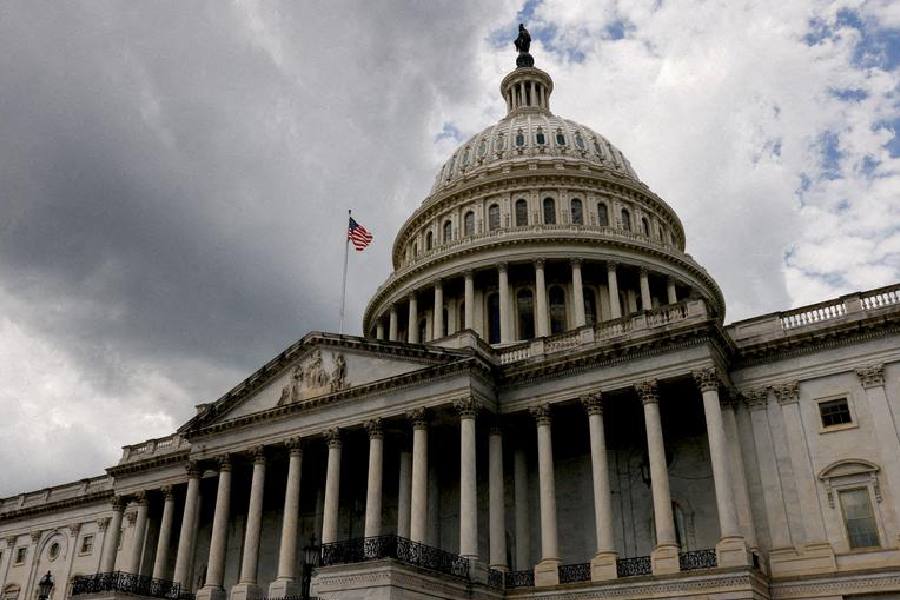The US House of Representatives voted to reauthorize a controversial surveillance program on Friday.
The bill would reauthorize Section 702 of the Foreign Intelligence Surveillance Act (FISA), which is set to expire on April 19.
It was approved 273-147 in the Republican-controlled house and will now head to the Senate where it faces an uncertain future.
What is FISA?
FISA sets out rules for gathering foreign intelligence.
Section 702 of FISA was created in the wake of the September 11, 2001, terror attacks.
It allows the US government to use electronic surveillance without a warrant on foreign nationals located outside the country.
However, this means that US authorities can sometimes collect the data of US citizens who are in contact with the surveilled foreign nationals.
It was recently revealed that the FBI used this power to hunt for information about Black Lives Matter protesters, congressional campaign donors and US lawmakers.
FISA has attracted criticism from Democrats and Republicans alike, who argue it violates Americans' constitutional right to privacy.
Lawmakers keep warrantless surveillance
The House approved the bill on the fourth attempt after its duration was watered down from five years to two years.
However, lawmakers rejected an amendment that would have required domestic law enforcement agencies to obtain warrants before searching the database.
The amendment had been backed by both progressives and members of the far-right, but it ultimately failed with 212-212 tie ahead of the vote on the bill's final passage.
The White House had opposed such changes because it could undermine FISA's utility for agencies like the FBI.










